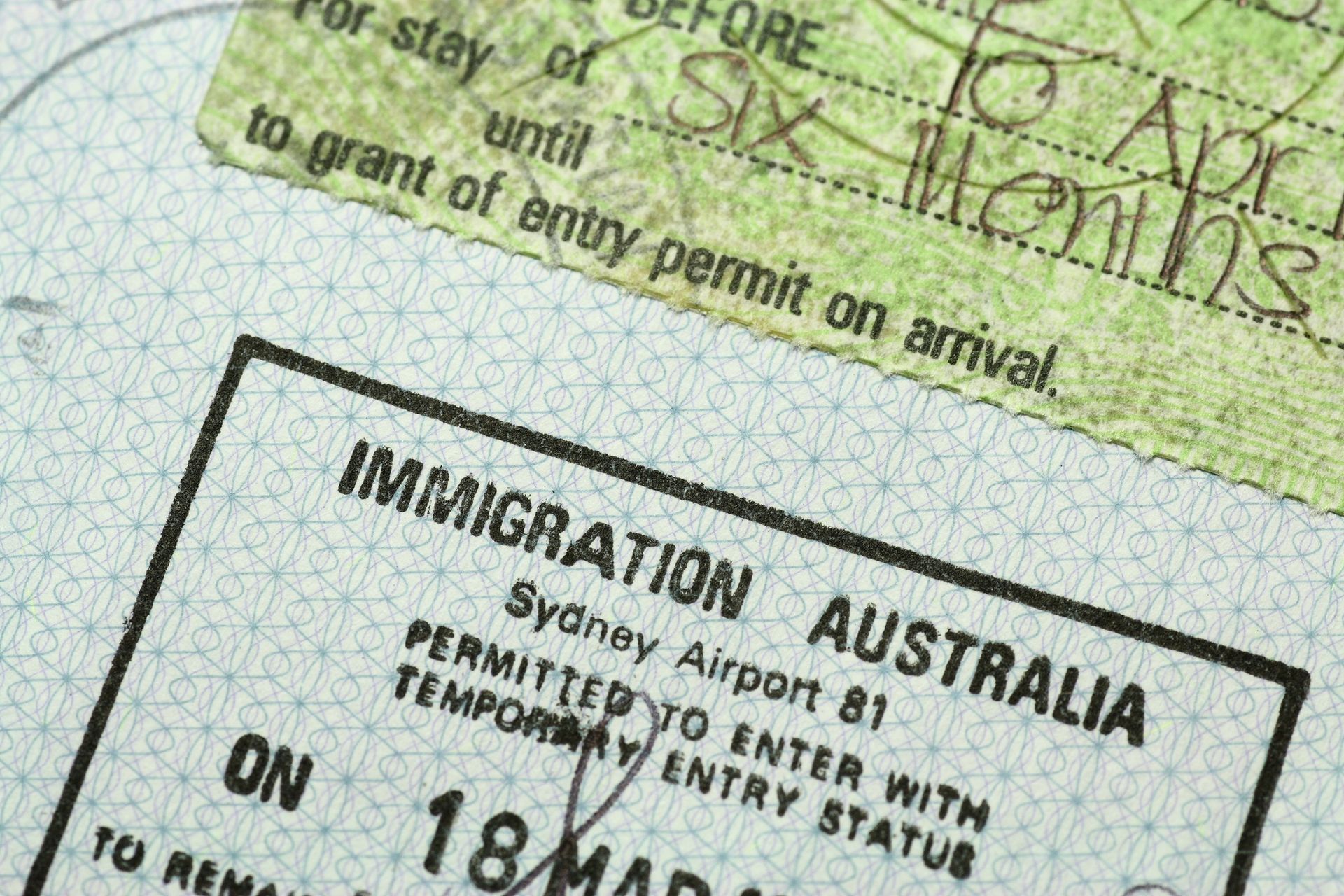Expertise
Deceased Estate Probate
Deceased Estate Lawyers Heathcote
Deceased Estate Probate Specialists
We help executors carry out the necessary steps to finalise a deceased estate. From preparing documents to managing asset distribution, we assist throughout the process so that everything is completed properly and without unnecessary delays.
Comprehensive Range of Services
Our services cover all aspects of probate. This includes drafting and submitting applications, contacting banks and superannuation funds, transferring or selling property, and arranging for the estate to be distributed in line with the Will.
Readily Accessible
We provide probate services to individuals and families across Heathcote and nearby suburbs, offering practical help during what can often be a difficult time.
Tailored Legal Solutions
No two estates are the same. We take the time to understand what is involved and handle the process with focus and professionalism from beginning to end.
Here To Help
Finalising a deceased estate can be difficult, especially during a period of loss. We work closely with executors to help manage the formal steps involved in probate, making the process clearer and more manageable from the start through to completion.
How Can Our Heathcote Estate Planning Lawyers Help?
Executors are responsible for making sure a person’s final wishes are carried out correctly. This includes verifying the Will, collecting estate assets, and overseeing the lawful distribution of property and funds.
We assist with key tasks such as:
- Contacting banks, superannuation providers and other institutions
- Preparing and filing probate applications with the NSW Supreme Court
- Addressing any claims brought against the estate
- Coordinating the sale or transfer of property, shares or investments
- Liaising with accountants or advisors regarding tax and stamp duty
- Managing the final distribution in accordance with the Will
Estate administration often involves legal requirements, financial paperwork, and communication with multiple parties. Our role is to take the pressure off, keep things on track, and help resolve any issues that may arise along the way.
If you have been appointed as an executor and need assistance at any stage, we are ready to help you move forward.
Frequently Asked Questions
OUR TEAM
Our Expert Lawyers
Speak to a Wills & Estates Lawyer
From drafting your Will to managing probate and complex estate matters, our team offers clear, compassionate legal support tailored to your circumstances.






